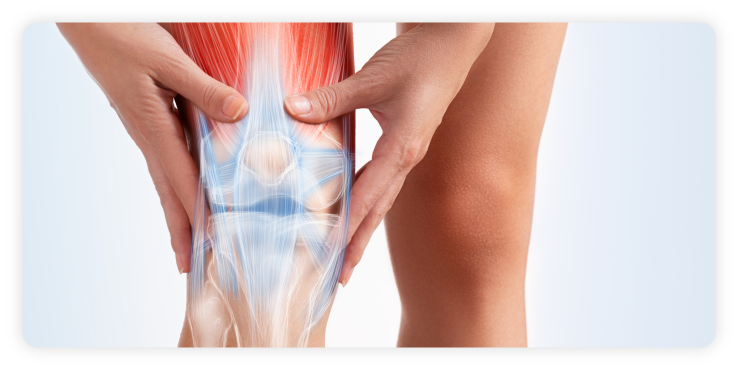What is Pregnancy-Related Pelvic Girdle Pain (PPGP)?
Pelvic Girdle is a ring of bones around the body at the base of the spine. Pregnancy-Related Pelvic Girdle Pain (PPGP) is characterised as pain in the front or the back of the pelvis that can also affect other areas such as the hips or thighs. The pain can also affect the Sacroiliac joints at the back or the Symphysis Pubis joint at the front. This condition usually happens during pregnancy or starts soon after delivery.
What causes Pregnancy-Related Pelvic Girdle Pain (PPGP)?
The three joints in the pelvis work together and normally move slightly. Pregnancy-Related Pelvic Girdle Pain (PPGP) is usually caused by the joints moving unevenly which can lead to the pelvic girdle becoming less stable and therefore painful. As your baby grows in the womb, the extra weight and the change in the way you sit or stand will put more strain on your pelvis. Pregnancy-Related Pelvic Girdle Pain (PPGP) is more likely to happen if you have had a back problem, have injured your pelvis in the past, or have Hypermobility Syndrome.
Symptoms of Pregnancy-Related Pelvic Girdle Pain (PPGP)
Pregnancy-Related Pelvic Girdle Pain (PPGP) can be mild to severe but is treatable at any stage in pregnancy. Symptoms of Pregnancy-Related Pelvic Girdle Pain (PPGP) may include pain in the pubic region, lower back, hips, groin, thighs, or knees. Clicking, locking, or grinding in the pelvic joints may also happen. Pain is also made worse by movement for example walking on uneven surfaces, walking for long distances, moving your knees apart, or standing on one leg.
Pregnancy-Related Pelvic Girdle Pain (PPGP) Treatment
Physical therapy can help with Pregnancy-Related Pelvic Girdle Pain (PPGP). Treatment will include manual therapy and exercises to restore normal joint and soft tissue movement. Soft tissue techniques will be incorporated to relax tight or stretched muscles in the lower back, core, hips, and glutes, which most pregnant women experience during and after pregnancy. Core and pelvic floor strengthening exercises will also be prescribed. Your therapist will also provide a home exercise program and lifestyle modifications to common movements that cause pain, like getting out of bed, lifting your child, and getting dressed. If in doubt, please seek professional advice.
Osteopathy for Pregnancy-Related Girdle Pain






